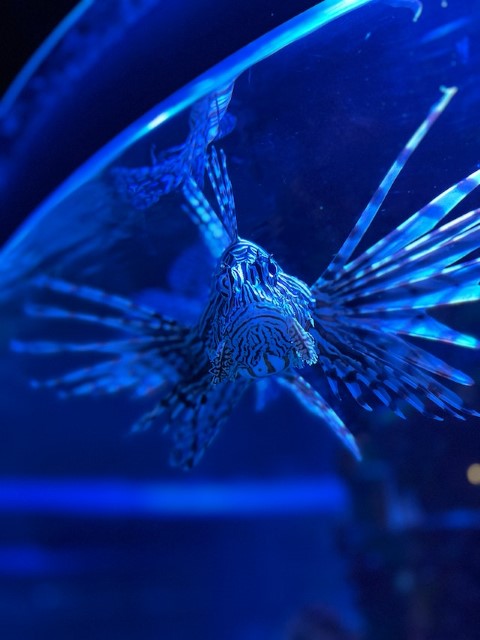A Beginner's Guide to Raising Fish as Pets

Raising fish as pets has become increasingly popular over the years. Not only do fish make for a beautiful addition to your home, but they are also low-maintenance and can help create a peaceful atmosphere. If you’re new to the world of fishkeeping, it can seem a little overwhelming at first. However, with the right guidance, raising fish can be an enjoyable and rewarding experience. In this beginner’s guide, we’ll cover everything you need to know about raising fish as pets.
Understanding the Basics
Before you jump into the world of fishkeeping, it’s important to understand the basics. Fish are cold-blooded animals that live in water and breathe through gills. They come in a wide variety of shapes, sizes, and colors and can be found in both fresh and saltwater environments. When it comes to raising fish, it’s important to understand their basic needs, such as water temperature, filtration, and food requirements.
Setting Up Your Tank
Once you’ve familiarized yourself with the basics of fishkeeping, it’s time to set up your tank. The first step is to choose the right size tank for your fish. A general rule of thumb is to have at least one gallon of water for every inch of fish. Next, you’ll need to purchase a filtration system, a heater, a thermometer, and an air pump. It’s important to have a clean and stable environment for your fish to thrive in.
Choosing Your Fish
Now that your tank is set up, it’s time to choose your fish. When selecting fish, it’s important to consider the size of your tank, the type of water, and the compatibility of the fish. Some fish require a lot of space, while others do well in smaller tanks. It’s also important to choose fish that are compatible with one another, as some species can be aggressive and harm others.
Maintaining Your Tank
Maintaining your tank is an important part of raising fish as pets. This includes regularly checking the water temperature, cleaning the tank, and feeding your fish. It’s also important to perform regular water changes to keep the water fresh and clean. A clean and stable environment is essential for the health and well-being of your fish.
Common Issues and How to Solve Them
Despite your best efforts, there may be times when you encounter problems with your fish. Some common issues include illness, parasites, and water quality problems. It’s important to be vigilant and quickly address any issues that may arise. If you’re not sure how to solve a problem, it’s best to consult a veterinarian or a professional fishkeeper.
Conclusion
Raising fish as pets can be a fun and rewarding experience. With the right setup, care, and attention, your fish will thrive and bring joy to your home. This beginner’s guide has provided you with all the information you need to get started, from understanding the basics to maintaining your tank. Whether you’re a seasoned fishkeeper or just starting out, the world of fishkeeping is waiting for you.